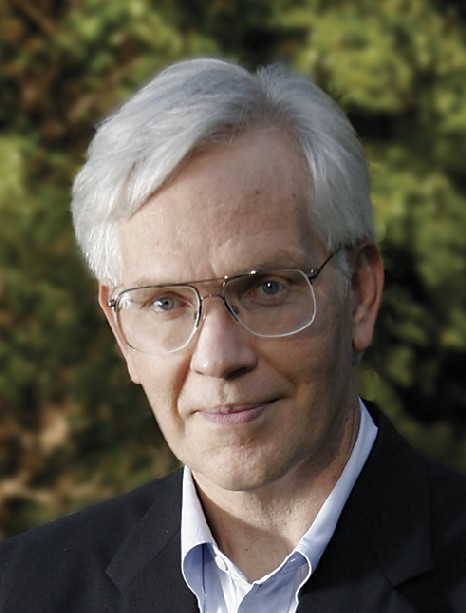Why Energy Efficiency Won't Matter Without Energy Caps
30 Mar, 2008 07:16 pm
Energy efficiency advocates will continue to do the equivalent of running up the down escalator unless they embrace limits on total energy use.
But in the perverse world of market economics all this good behavior is for naught. For in the face of increasing energy efficiency--the U. S. economy, for instance, has become a little more than 0.5 percent more energy efficient each year since 1985--total energy consumption continues to rise exponentially. Since 1985 total U. S. energy consumption has risen 34 percent, while world energy consumption has risen more than 50 percent.
Many people are aware of this issue which was first articulated by William Stanley Jevons in the middle of the 19th century and which is referred to as The Jevons Paradox. Jevons noticed that James Watt's redesigned steam engine had made it much easier to produce more coal. This led to a reduction in its price and a subsequent increase in demand as more and more businesses and individuals could afford to use coal as an energy source. Greater efficiency had resulted in a boom in coal consumption.
Yet, efficiency advocates today persist in their one-sided equation. If the energy that will be available to humans is essentially unlimited, then there is little point in efficiency. If energy resources are, in fact, limited, then efficiency is paramount. But efficiency alone will not solve our problems so long as we are using finite energy sources such as fossil fuels. Efficiency alone will paradoxically cause us to consume such fuel even faster bringing on its ultimate depletion that much sooner.
A possible approach to this problem is caps on energy use. This would, of course, be potentially very painful to the world economy. But a system of gradually falling caps on energy use would achieve what efficiency alone cannot: an extremely energy efficient economy that uses less overall energy with each passing year. One system designed to accomplish this is called Tradable Energy Quotas (TEQs). According the originator's website TEQs would work this way: "Every adult is given an equal free Entitlement of TEQs units. Industry and Government bid for their units at a weekly Tender." The overall amount of energy use allowed would be gradually ratcheted down by perhaps 2 percent per year. Those who don't use up their quota are free to sell their extra units on the open market.
The result would be that every facet of society would become responsible for energy efficiency and there would be no incentive to waste. Without favoring one particular technology, approach or company over another, society could achieve a critical goal on the path to sustainability.
One might say that once a sustainable energy economy is reached, it would be foolish to continue such a scheme. Certainly, at some point it would have to be altered. We cannot go down to zero. But that wouldn't mean lifting the caps. It might mean maintaining the then current cap. That way efficiency would still remain a focus of every citizen's activities.
I believe it is a mistake to think in terms of doubling our wealth while halving our resource use as suggested by one of the world's foremost energy efficiency experts. Surely, it would be a good thing if we did it simply because we would reduce our resource use radically. But it is the growth mentality itself which must be overcome if we are to make it all the way to sustainability.
So, we ought to be truthful about what energy caps imply. Ultimately, they imply a steady state economy. It is an economy where the quality of goods and services can improve, but resource inputs cannot grow. And, it is clear from the devastation already wrought on the biosphere by our current economy that the steady state economy, in order to be sustainable in the long run, will have to operate at a level of inputs far below what we are experiencing today.
One final thing should be said about energy caps. For now they seem theoretical and unlikely to be implemented. Too many political and economic oxen would be gored for elected leaders to embrace them. But caps might be implemented another way. As oil and other fossils fuels successively reach peak output and then decline, our entire global society could be faced with an energy cap imposed by nature. Unless we come up with some so far nonexistent expedient to allow us to continue business as usual, we will then be forced to do on an emergency basis what a sensible TEQ program would have allowed us to do more gradually and without so much trauma.
-
12/12/12
Peak Oil is Nonsense Because Theres Enough Gas to Last 250 Years.
-
05/09/12
Threat of Population Surge to "10 Billion" Espoused in London Theatre.
-
05/09/12
Current Commentary: Energy from Nuclear Fusion Realities, Prospects and Fantasies?
-
04/05/12
The Oil Industry's Deceitful Promise of American Energy Independence
-
14/02/12
Shaky Foundations for Offshore Wind Farms







 Read more
Read more